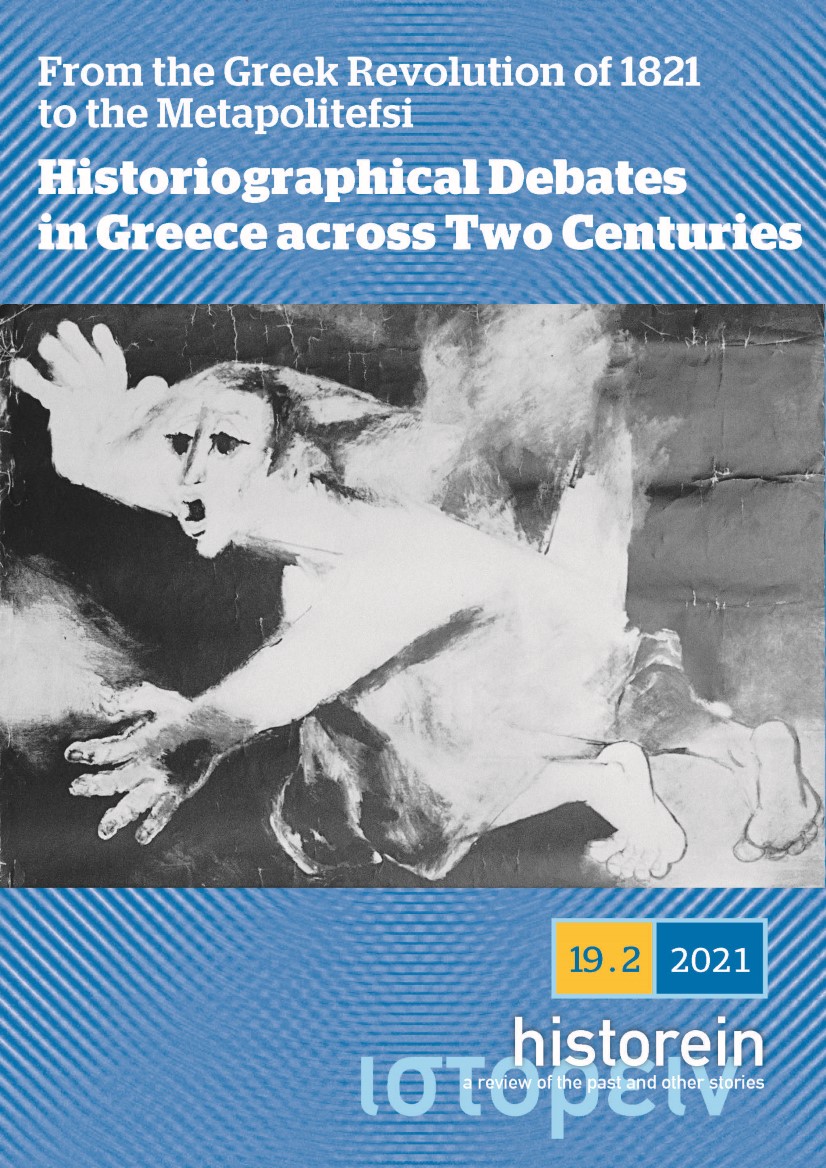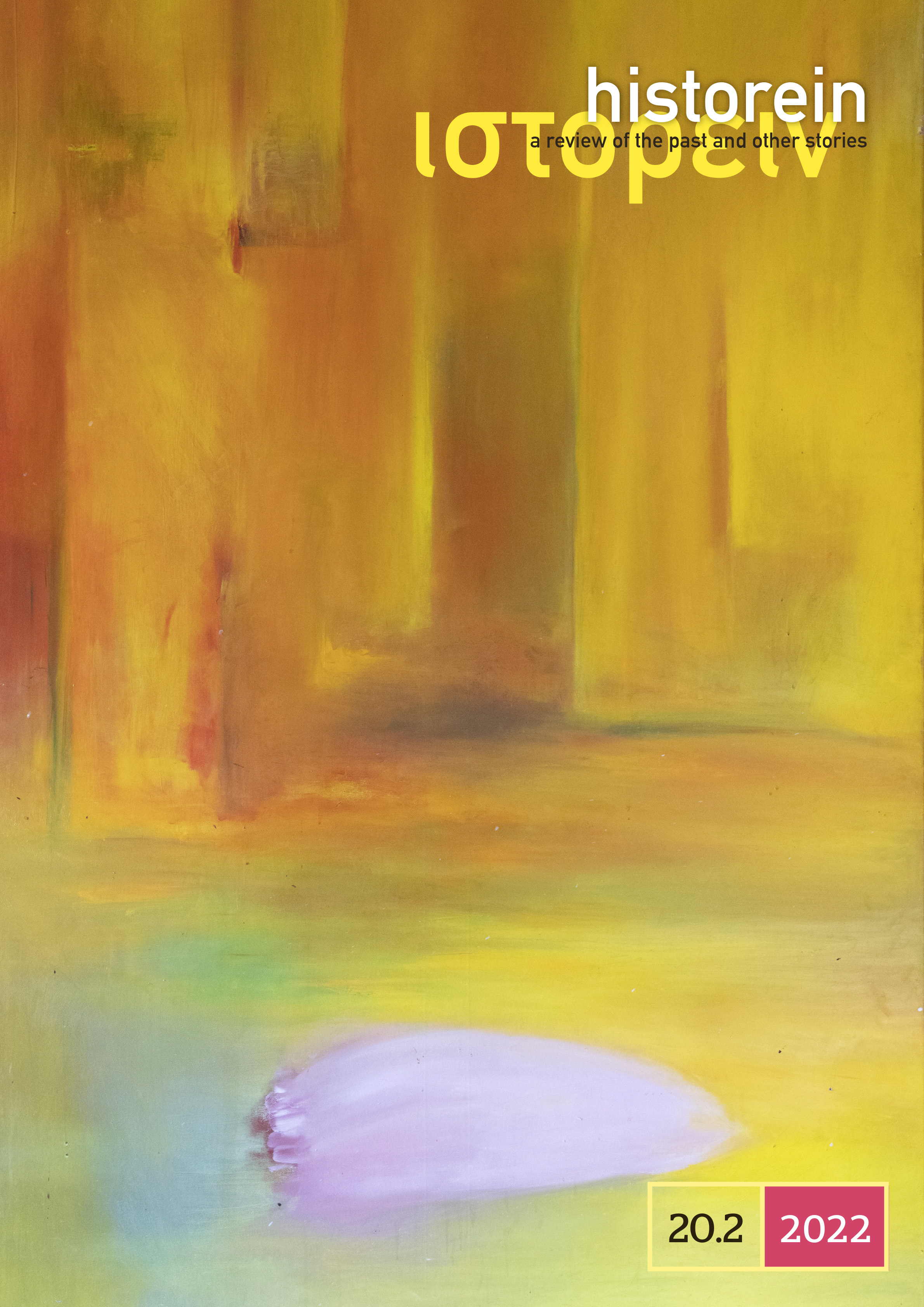Vita magistra historiae? Life experience and meanings of the past

Abstract
The article tackles the question of how the historian’s personal experience interacts with professional choices. To assess in an experimental manner the methodological reach of autobiographical narration, the author considers his own case. In a first step he narrates how he was politicised in the 1970s and what history had to do with it. In a second step he reflects on his early professional activities and ponders how the turning point of 1989 interfered with his changing interests in the past. The final part is devoted to more general considerations regarding the influence of life experience on doing history. While the author’s experience confirms that biography influences professional choices, his theoretical and methodological argumentation rejects the idea that autobiographical writing should account for a new subjectivity paradigm in historiography.
Article Details
- How to Cite
-
Petri, R. (2016). Vita magistra historiae? Life experience and meanings of the past. Historein, 15(2), 6–20. https://doi.org/10.12681/historein.325
- Section
- ARTICLES

This work is licensed under a Creative Commons Attribution-NonCommercial-ShareAlike 4.0 International License.
The copyright for articles in this journal is retained by the author(s), with first publication rights granted to the journal. By virtue of their appearance in this open access journal, articles are free to use (with the exception of the non-granted right to make derivative works) with proper attribution for non-commercial uses (licence Creative Commons 4.0). EKT/NHRF retains the worldwide right to reproduce, display, distribute, and use articles published in Historein in all formats and media, either separately or as part of collective works for the full term of copyright. This includes but is not limited to the right to publish articles in an issue of the Journal, copy and distribute individual reprints of the articles, authorize reproduction of articles in their entirety in another EKT/NHRF publication, and authorize reproduction and distribution of articles or abstracts thereof by means of computerized retrieval systems.




